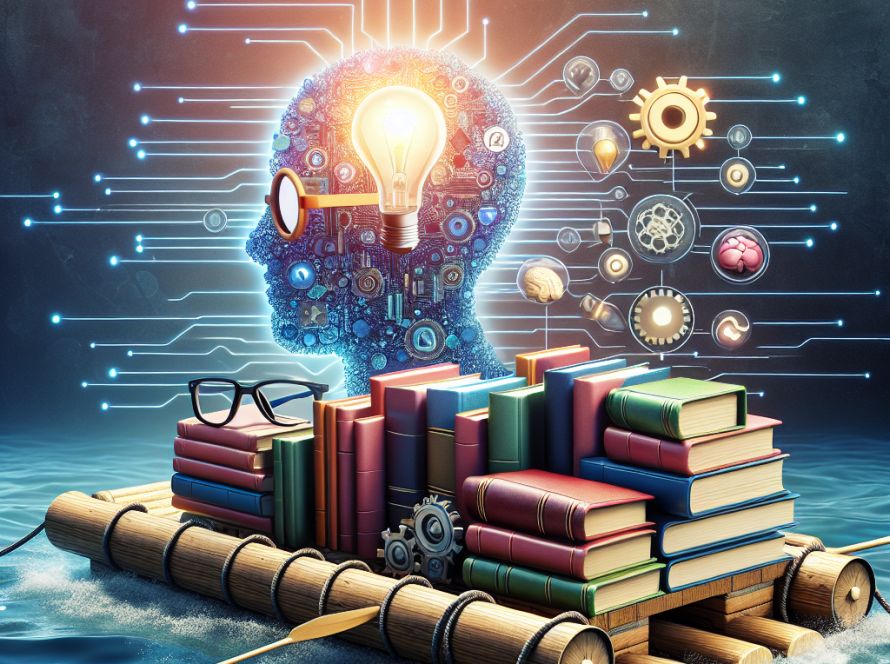Researchers from the University of Cincinnati and Northwestern University have devised a system called “Comp Cog AI” that utilises artificial intelligence (AI) to predict a person’s anxiety levels based on their reactions to pictures. The study has recently been published in Mental Health Research and involved over 3,000 participants from across the US. In this study, people were asked to rate mildly emotional images from the International Affective Picture System (IAPS) and provide basic information about themselves such as age and perceived loneliness.
IAPS, developed by the Center for the Study of Emotion and Attention at the University of Florida, offers a standardized set of pictures ranked for their emotional content in terms of valence (pleasantness), arousal (intensity), and dominance (control). The Comp Cog AI system then analyzed the data for patterns in the way individuals reacted to the photos and linked these responses to their anxiety levels. Following training, the AI system was able to predict anxiety with up to 81% accuracy.
Sumra Bari, the study’s lead author, noted that they only used limited computational resources and a small set of variables to predict anxiety levels, with judgement comprised within these variables. Participants assigned ratings from -3 (dislike very much) to +3 (like very much) to 48 mildly emotional IAPS images, alongside answering questions related to their age, perceived loneliness, and demographic information. The AI system extracted 15 key judgement variables, while researchers utilized Random Forest and balanced Random Forest machine learning algorithms to train the AI system.
The study’s co-senior author, Aggelos Katsaggelos, highlighted the significance of the study’s approach, stating that understanding patterns in preference helped the researchers identify the critical components for a wide range of behaviors. The researchers foresee the Comp Cog AI technology evolving into a user-friendly app for healthcare providers, hospitals, and even the military to identify individuals at high risk for anxiety quickly and effectively.
Sumra Bari further added that the picture-rating task could be employed to offer daily and unbiased snapshots of an individual’s mental health status without asking direct questions that may provoke negative or upsetting emotions. This new research follows earlier research that used AI to help diagnose schizophrenia and created tools to provide AI therapy for those with mental health conditions through digital avatars.


